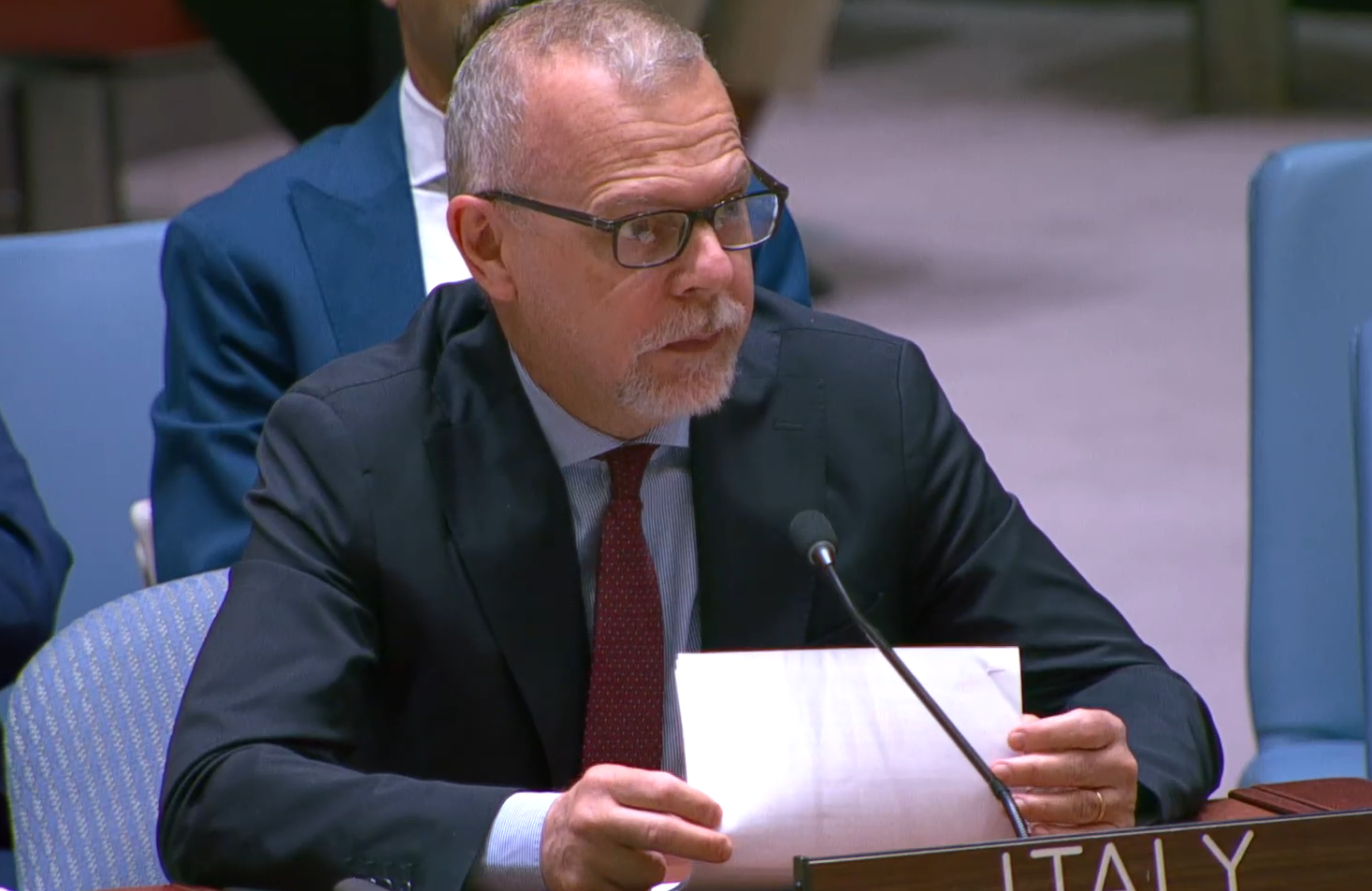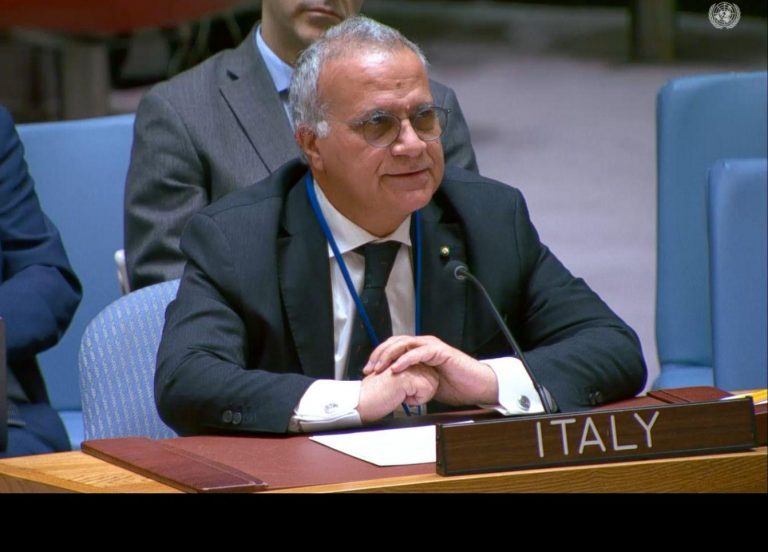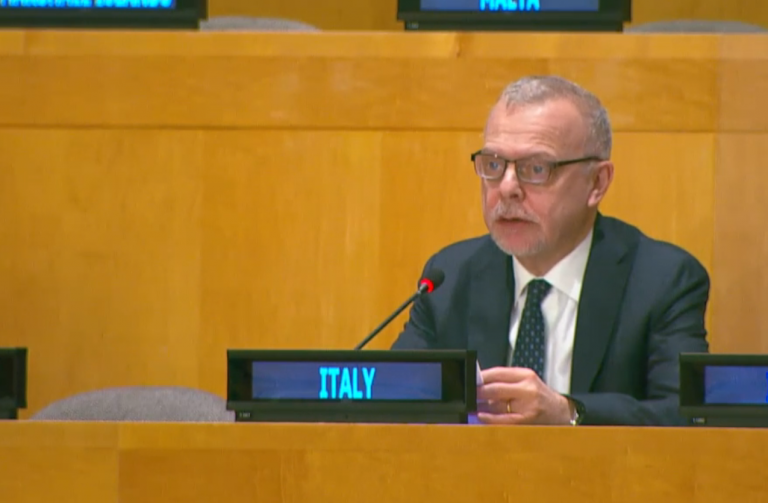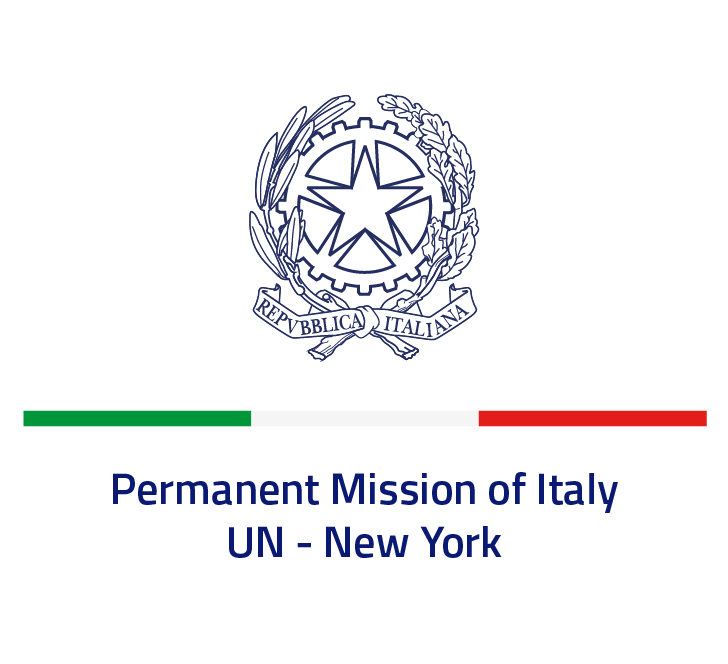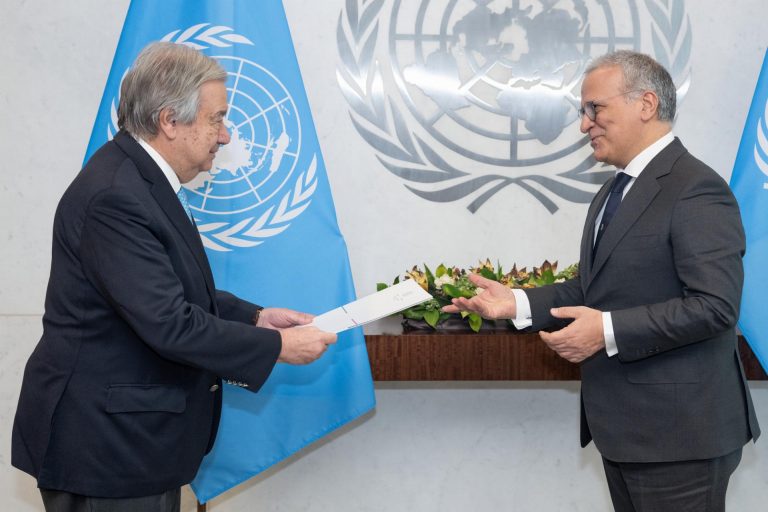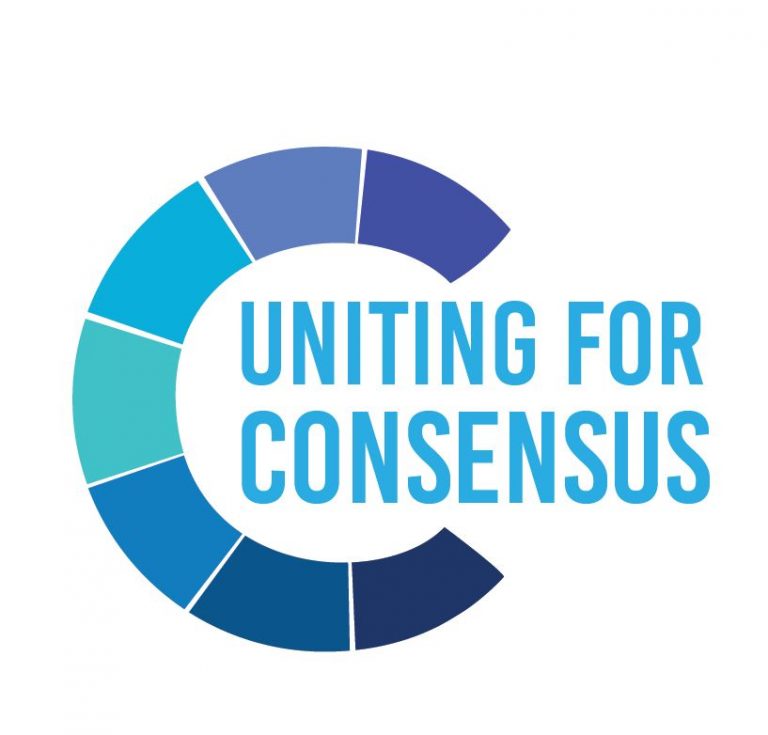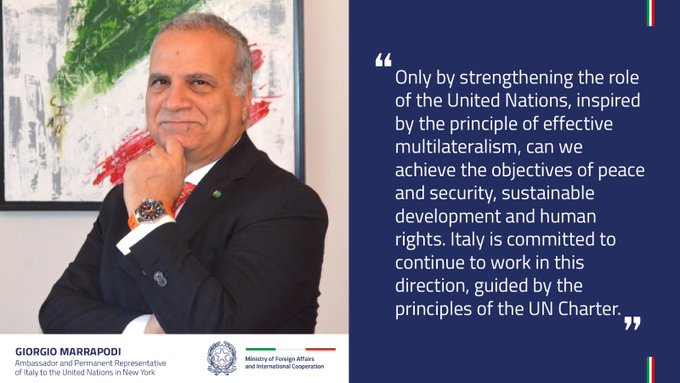President,
Dear Colleagues,
Italy aligns to the statement to be delivered by the European Union and would like to add the following remarks on its national capacity.
Since Italy joined the United Nations, it has proudly dedicated to peace operations its best energies and assets, top-level peacekeepers and state-of-the-art technologies, becoming the largest contributor of troops among Western countries to UN peacekeeping.
Today, we are called to adapt peace operations to new security threats and a different geopolitical context, but the success of over 75 years of operations must give us the courage to look to the future with confidence.
So, the question should be not “if”, but “how” UN peace operations will continue to play a decisive role.
Our work should focus on two major dimensions.
The first is the “political” dimension of peacekeeping, as a peacekeeping operation is effective and sustainable as long as it is supported by a shared political will, starting within the Security Council.
Such political will should be forged at the very outset of peacekeeping operations, also by involving the relevant regional organizations in the decision-making process, and should then remain steady and consistent during implementation.
In this regard, Italy acknowledges Africa’s significant and increasing contributions to international peace and security. The continent has demonstrated admirable courage and leadership in addressing global challenges. We therefore welcome the landmark 2719 resolution on AU-led peace support operations which we believe can cement a vision for African security that places African leadership at the front and African people at the center.
The second dimension concerns the operational effectiveness of peace operations.
Resources and objectives must be up to task in the face of the new security challenges in highly complex scenarios.
Adequate consideration needs to be given to modern threats to the conduct of peacekeeping operations and the security of peacekeepers, with particular reference to hybrid threats, emerging and disruptive technologies and, potentially, artificial intelligence, making more and more essential the implementation of intelligence and analysis capacities at both strategic and tactical levels.
We commend the Secretariat for the effective efforts it has undertaken to this end, also on the technological and digital front.
At the same time, we believe it is important to continue working on several dimensions including: revision of contingent organization in response to modern threats; adjustment of operations to new scenarios, also to avoid space for non-state actors; enhancement of defense capacity building activities in stabilization processes, based on common quality standards; adaptation of training processes; standardized and integrated training among military, police and civilian Components of peacekeeping missions.
Similarly, integrated planning among these components is paramount. Operational documents should be thoroughly analyzed to find every feasible action that can contribute to the best implementation of a mandate, involving as much as possible the TCCs in the planning phases. Clear Rules of Engagements and technical-tactical procedures are key tools to enhance the effective application of a mandate.
Excellencies, distinguished Colleagues,
Focused mandates, accompanied by adequate military and police contingents, may help to match goals and expectations with the resources that are actually available, also facilitating synergies with Host Countries.
But this should not be at the cost of key goals like the protection of civilians, human rights, or the Women, Peace and Security agenda.
We should adapt without lowering our level of ambition, nor hesitate or give up on the prospect of launching new peace operations whenever they are necessary.
With the right adjustments, and an effective integration with peacebuilding activities, peace operations can continue to be a key engine of peace and stability, as it has been since the birth of the United Nations, ensuring a solid and resilient peace continuum.
And Italy will continue to be its resolute supporter.
I thank you.







